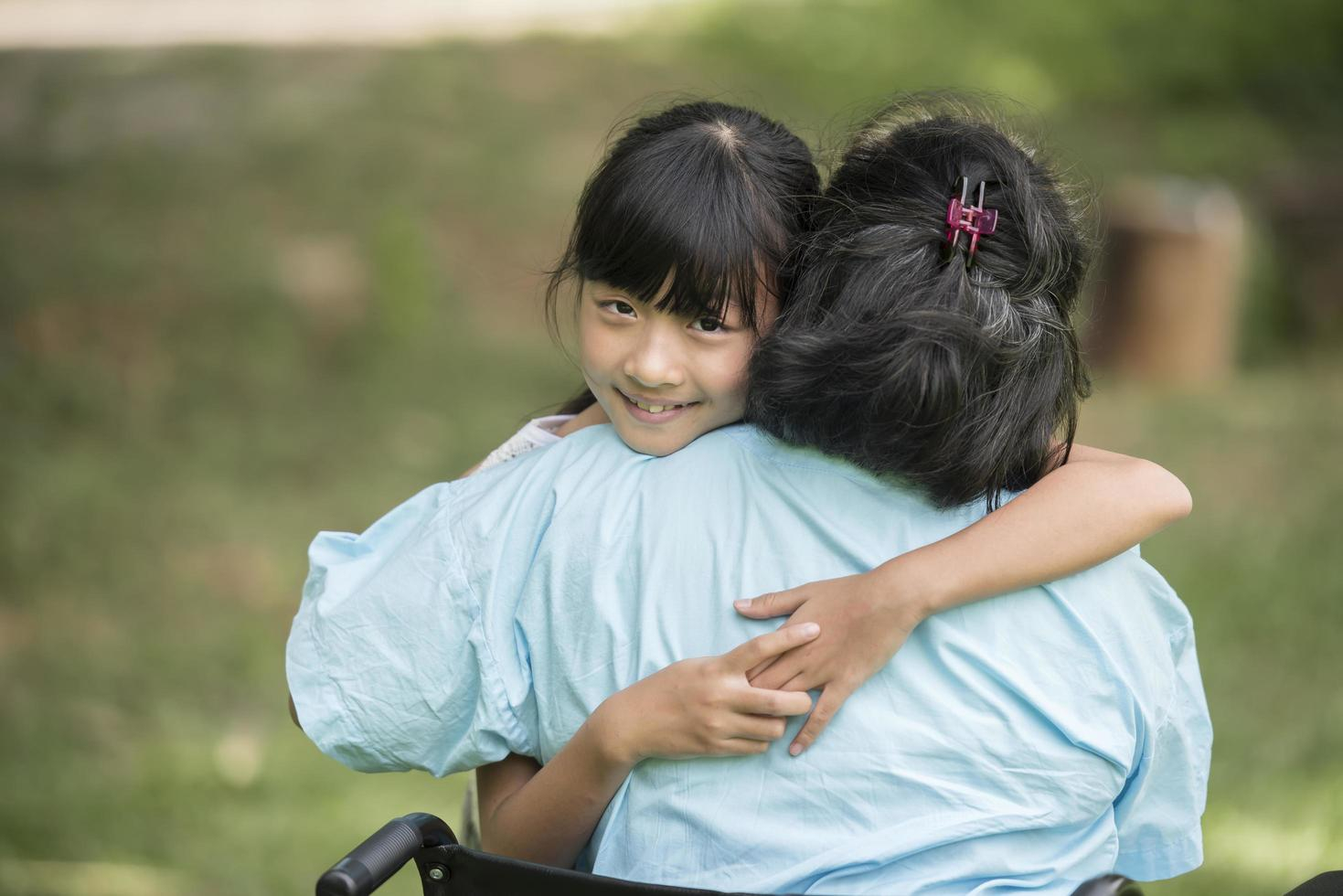
The Power of Practical Application for Preschoolers: Empowering Early Learners for Success
In the early years of a child’s life, practical application plays a crucial role in their overall development. Preschoolers thrive when they can engage in hands-on experiences that allow them to explore, experiment, and apply their knowledge in real-life contexts. Practical application not only deepens their understanding of concepts but also cultivates important skills and attributes that lay the foundation for future learning and success. This article explores the significance of practical application in the preschool years and provides insights into various domains where it can be effectively incorporated.
Practical Application in Cognitive Development
Practical Application in Language and Literacy Development
Practical Application in Social and Emotional Development
Practical Application in Physical Development
Practical Application in Creative Expression
Practical Application in Daily Life Skills
Practical application plays a vital role in the holistic development of preschoolers. By providing hands-on experiences across various domains, we empower them to actively engage with their learning, deepen their understanding, and acquire essential skills and attributes. Through practical application, preschoolers develop problem-solving abilities, language and literacy skills, social-emotional competence, physical coordination, creativity, and important life skills. By integrating practical application into their daily experiences, we equip preschoolers with the tools they need to navigate the world, pursue their passions, and lay a strong foundation for future success. Let us embrace the power of practical application and create environments that inspire preschoolers to explore, discover, and apply their knowledge in meaningful ways.
In the early years of a child’s life, fostering independence is a crucial aspect of their development. Preschoolers, with their innate curiosity and eagerness to explore, possess a remarkable capacity for independence. By providing opportunities for practical application, we can nurture their independence, confidence, and self-reliance. This article delves into the significance of practical application in promoting preschooler independence and offers insights into various areas where it can be effectively implemented.
The Importance of Preschooler Independence
Promoting Independence in Daily Activities
Encouraging Independent Learning
Independent Decision-Making
Cultivating Emotional Independence
Building Independence through Chores and Responsibilities
Practical application is a powerful tool for fostering preschooler independence. By providing opportunities for hands-on experiences, decision-making, problem-solving, and emotional development, we empower preschoolers to become self-reliant individuals. Through practical application, they gain confidence, develop critical life skills, and cultivate a sense of responsibility and ownership. Let us embrace the potential of practical application in nurturing the independence of preschoolers, as it lays a strong foundation for their growth and prepares them for a successful future.
Encouraging Independence in Creative Expression
Independence in Social Interactions
Supporting Independence through Parental Involvement
Celebrating Progress and Milestones
In conclusion, fostering preschooler independence through practical application is a multifaceted and essential aspect of their development. By providing opportunities for independent decision-making, problem-solving, creative expression, and social interactions, we empower preschoolers to become confident, resilient, and self-reliant individuals. Through a supportive and nurturing environment that balances guidance with autonomy, we can help them cultivate a strong sense of independence that will serve as a foundation for their future success. Let us embrace the power of practical application in nurturing the independence of preschoolers and prepare them for a world of endless possibilities.


